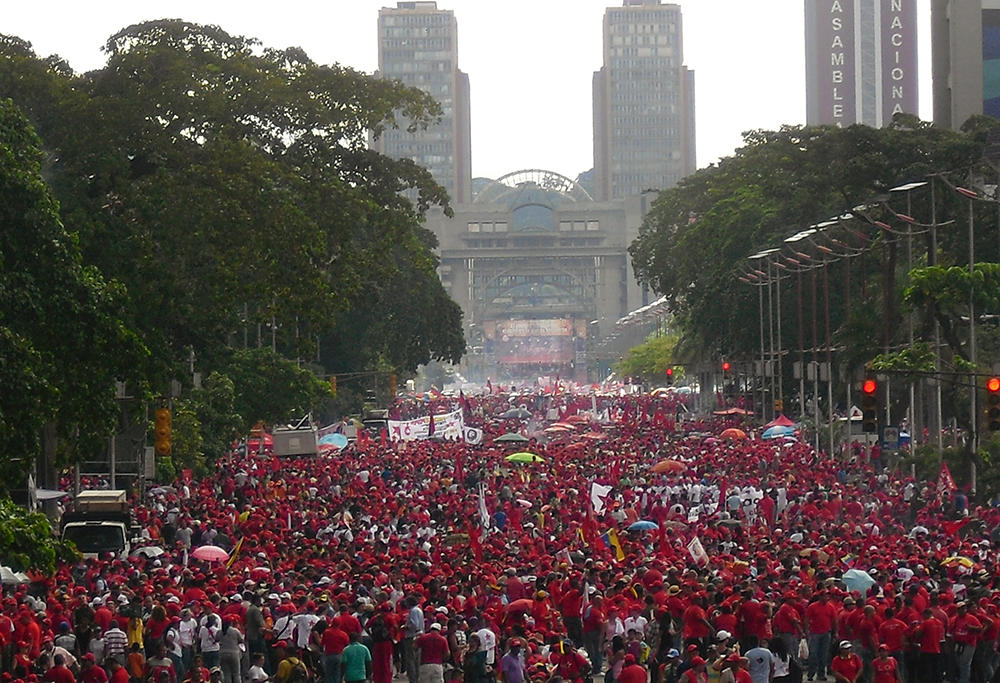Grassroots politics in Chávez' Venezuela
Associate Professor Iselin Åsedotter Strønen's new monograph "Grassroots Politics and Oil Culture. The Revolutionary Petro-State" offers an in-depth understanding of grassroots struggles, state transformations and social change during the Chávez-years in Venezuela.

Main content
Grassroots Activism in a Petro-State
This book provides an overview of the main political and social processes taking place in Venezuela under Hugo Chávez. It also offers a critical reading of Venezuela’s historical development as a petro-state, based on Strønen's over 10 years ethnographic research in the country.
Anthropological Ethnographic Research
"Grassroots Politics and Oil Culture in Venezuela" is an ethnographic study of how grassroots activism in Venezuela during the Chávez presidency can be understood in relation to the country's history as a petro-state. Taking the contested relationship between the popular sectors and the Venezuelan state as a point of departure, Iselin Åsedotter Strønen explores how notions such as class, race, state, bureaucracy, popular politics, capitalism, neoliberalism, consumption, oil wealth, and corruption gained salience in the Bolivarian process.
A central argument is that the Bolivarian process was an attempt to challenge the practices, ideas, and values inherited from Venezuela's historical development as an oil-producing state. Drawing on rich ethnographic material from Caracas' shantytowns, state institutions, as well as everyday life and public culture, Strønen explores the complexities and challenges in fostering deep social and political change.
Table of Contents
Main chapters
- Introduction
- A History Written with Oil
- Understanding the Bolivarian Revolution from Below
- The Politics of Space, Race and Class
- Contested Community Politics
- The State as a Battlefield
- Negotiating the Popular and the State
- Moralities, Money and Extractive Capitalism
- Collective Consumption and the Wealthy Nation-State
- Corruption and the Extractive State
- Final Reflections: Understanding the “Revolutionary Petro-State”

